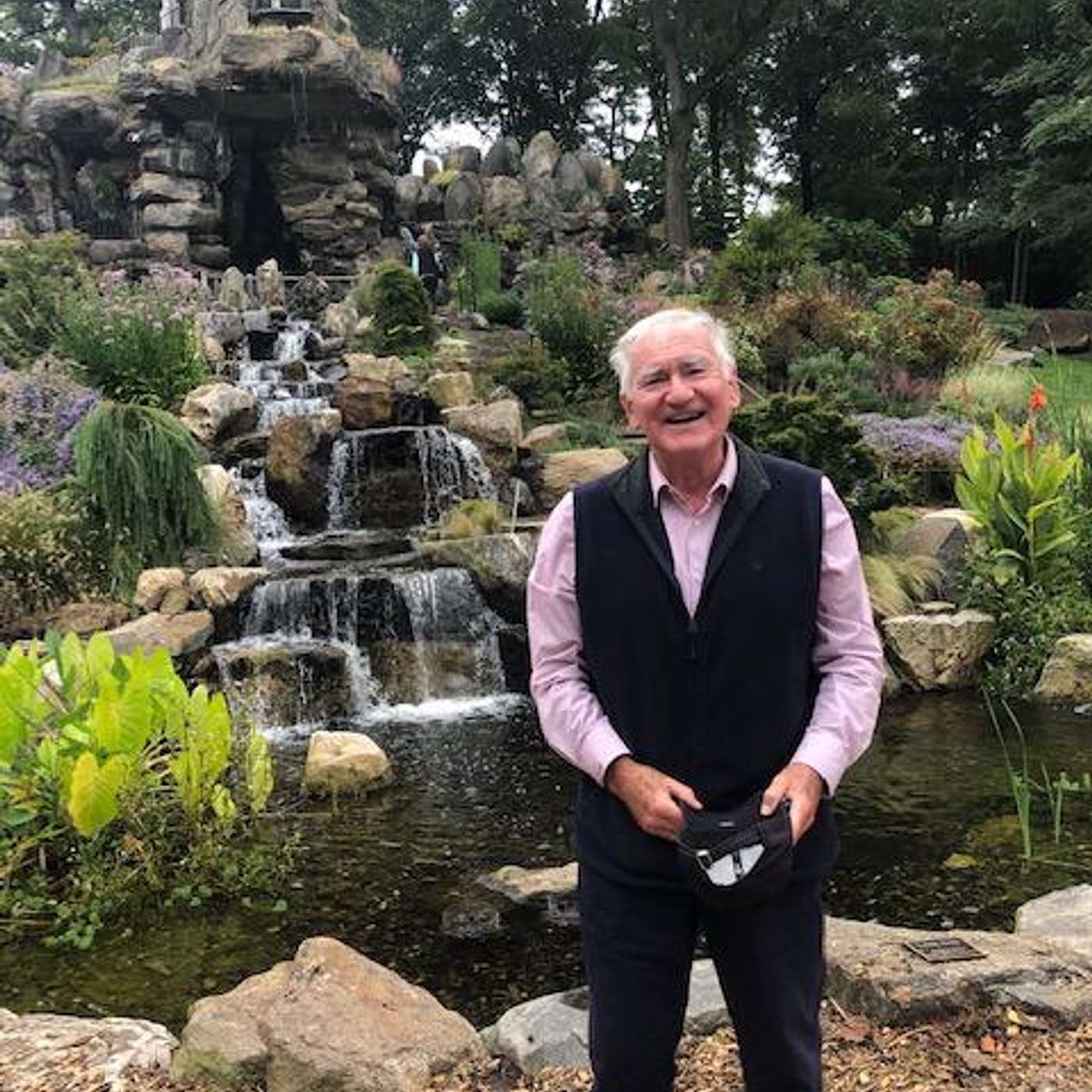#7 From Cotswold Community to Global Health: Healing Systems, with Graeme Kerridge
Description
When Graeme Kerridge first stepped into the Cotswold Community in 1977, he encountered a revolutionary approach to caring for deeply troubled young people. What he learned there would shape his understanding of human potential and systems thinking for decades to come.
The Cotswold Community was no ordinary residential care setting. Under Richard Balbirnie's visionary leadership, this former approved school was transforming into a therapeutic community based on the principles of Donald Winnicott and Barbara Dockar-Drysdale. Without locks, bars, or restraints, staff worked with boys who were often one step away from secure institutions, creating a holding environment where healing could begin.
Graeme shares the story of a 13-year-old who stole soft toys from a childcare center—a poignant revelation of his emotional deprivation. Remarkably, this same young man contacted Graeme 39 years later. Despite a rough start after leaving the community, he had maintained a stable 20-year relationship, raised university-educated sons, and broken his family's intergenerational cycle of dysfunction.
What made the Cotswold approach so effective? A commitment to being a true learning institution where staff constantly reflected on their practice. A systems perspective that recognized how every element of care connected. A careful triaging process that assessed whether they could truly help each child without draining staff resources. These principles followed Graeme throughout his subsequent career in healthcare management and international health development.
Our conversation raises important questions about Australia's current approach to troubled youth. While residential care has evolved toward smaller community houses, we lack comprehensive therapeutic communities like those that continue to operate in the UK. The economic and human case for investment is compelling—just as Graeme witnessed in international health programs where every dollar invested returned $42 to society.
Listen and discover how the right therapeutic environment can nurture growth in even our most hurt young people, with benefits that extend for generations.
Graeme’s Bio
Graeme is an international health development consultant who has worked in over 25 countries throughout Africa, Asia and the Pacific, and in the countries of the former Soviet Union. He has particularly focused on assignments supporting grants from the Global Fund to fight AIDS, Tuberculosis and Malaria (GFATM). In addition to working as a consultant and technical team leader on assignments funded by USAID, AusAID (DFAT), GIZ and other donors, for several years he was a technical manager on a major USAID project based in Washington DC where he managed and oversaw multiple teams of consultants supporting Global Fund grants around the world.
Prior to his international development career, Graeme worked for 18 years in health care management in several states of Australia. He started his professional career, however, working for several years in the late 1970s at The Cotswold Community, an experimental therapeutic community for maladjusted children in Wiltshire, UK. While he did not continue working in that field after returning to Australia, he often reflects on his learnings from that period in pursuing a career in the management of caring organisations.
I found Graeme's reflections fascinating. I hope you do too.
Disclaimer
Information reported by guests of this podcast is assumed to be accurate as stated. Podcast owner Colby Pearce is not responsible for any error of facts presented by podcast guests. In addition, unless otherwise specified, opinions expressed by guests of this podcast may not reflect those
























